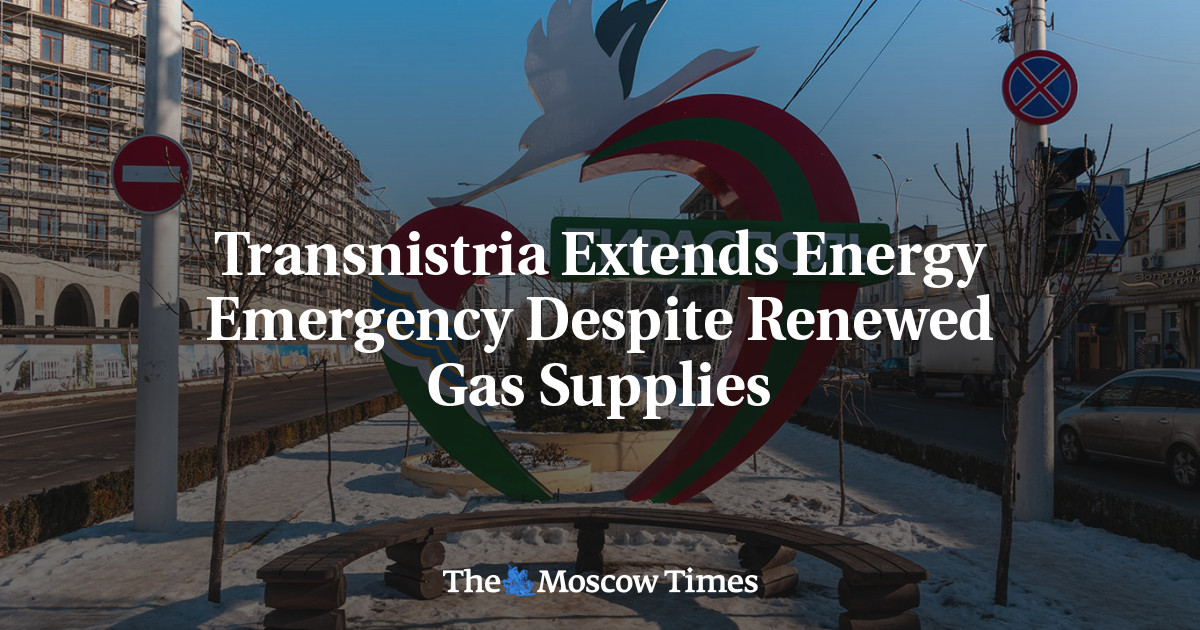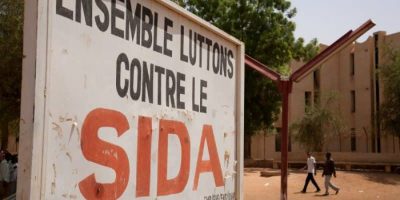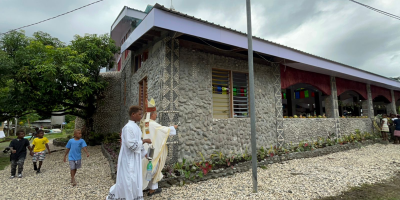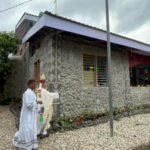The breakaway Moldovan region of Transnistria extended its economic state of emergency for a second time on Wednesday, despite gas supplies reaching the separatist republic following monthlong power cuts.
The measures include restrictions on natural gas consumption, a ban on energy exports and the suspension of labor and property rights.
Transnistria’s parliament voted to approve de facto leader Vadim Krasnoselsky’s decree extending the emergency until March 10. He first imposed the 30-day economic emergency on Dec. 9 in anticipation of supply disruptions.
Moldova began supplying EU-funded gas to Transnistria on Saturday as part of an initial emergency aid package of 30 million euros ($31 million). This week, the EU pledged additional funds to bolster energy security in both Moldova and Transnistria, though the aid is conditioned on taking “steps on fundamental freedoms and human rights.”
Russia’s state-owned Gazprom halted gas supplies to Transnistria on Jan. 1 over an outstanding debt, while Ukraine refused to renew a Russian gas transit agreement.
The separatist region, which borders Ukraine, has been unable to provide heating or hot water to its 400,000 residents, forcing many to burn wood or rely on electric heaters in cold temperatures. Authorities introduced rolling blackouts, and factories and schools were shuttered until gas supplies resumed.
Chisinau has accused Russia of fueling an energy crisis to destabilize the country ahead of parliamentary elections later this year, aiming to install a pro-Russian government. In its turn, the Kremlin has blamed Moldova and Ukraine for the disruptions.
Moldova previously relied on a power plant in Transnistria for much of its electricity but has now turned to imports from Romania, an EU member.
Transnistria, internationally recognized as part of Moldova, declared independence after the collapse of the Soviet Union and has depended on Moscow’s financial support ever since. Russia maintains around 1,500 troops stationed in the region.

















